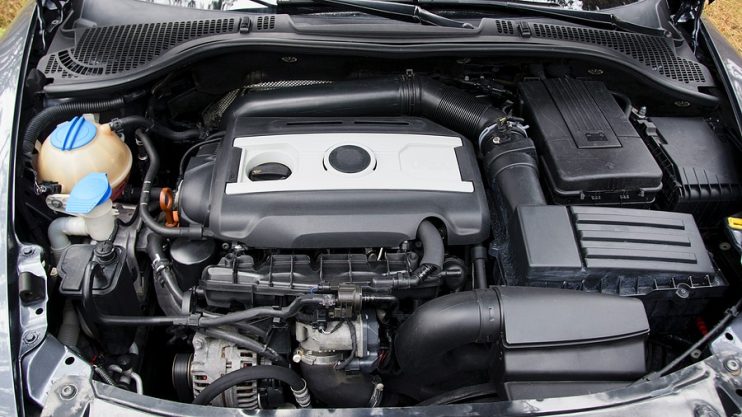
Engines are the powerful centre of your car. You put your foot down, fuel surges into the cylinder heads and away you go. However, despite its importance, it’s all too easy to overlook problems with the engine, and turn a blind eye to some of the warning signs. Left unchecked, many of these can lead to a breakdown (leaving you stranded miles from home) or worse still, to a bank-balance breaking repair bill. In the most extreme cases engine problems can leave the car beyond viable repair – which then means you’ve got to go to the trouble of spending time finding and shelling out your hard-earned cash on a new vehicle.
To avoid the hassle and expense of experiencing engine failure, watch out for these minor and major warning signs to keep the costs of repair down.
1. The Check Engine Light Ignites
As the name suggests this light comes on with engine troubles, detecting faults and problems via your car’s computer (ECU). Unfortunately, it can be triggered by a range of problems; from a spark plug needing replacement through to a major, crucial fault. Remember that everything in an engine is connected – and even the smaller faults have the propensity to cause knock-on damage to other, more costly parts. Don’t ignore the light and get your local mechanic to run a diagnostic test – the ECU will tell them what’s up.
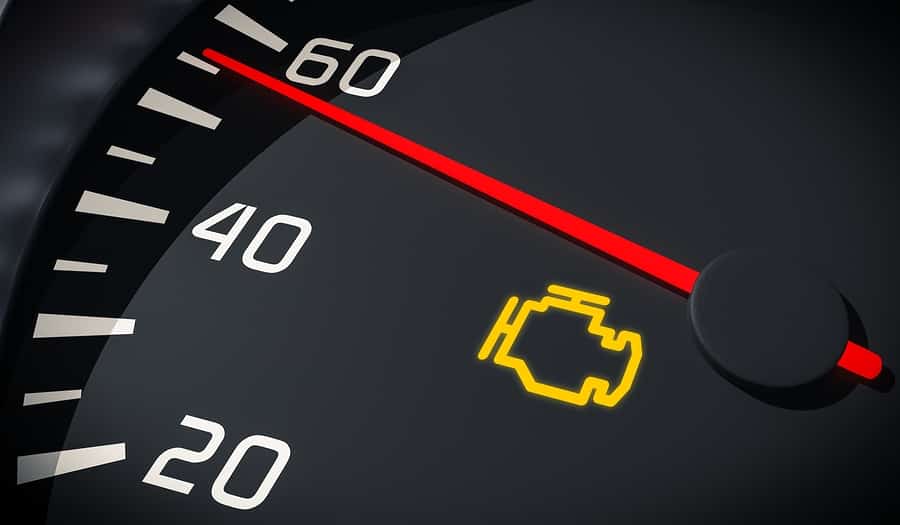
2. Decreased Power
Problems with the engine equals less power on the road, as the engine struggles to achieve normal levels of performance. Such issues could manifest as a slow response from the acceleration pedal, stalling when you know you were properly in gear, or rough sounding idling. If you notice a drop in power or something feels different from behind the wheel of your vehicle, then get a professional to take a look. Issues with a dirty air filter or old spark plugs could be causing the power loss – but don’t leave them unattended as these may lead to other faults.
3. Poor Fuel Economy
Filling up more often? And finding your wallet a little emptier? Poor engine performance, often caused by a fault, will see the engine guzzle down more fuel than normal. It could be something as simple as dirt or debris clogging up the fuel injectors, meaning a fuel cleaner or system service could return your engine back to its normal levels. However, if this symptom appears in conjunction with others on this list, the chances are that it could be a whole lot more serious.
4. Warning Sounds
The dreaded knocking sound is perhaps universally recognised as a harbinger of a dying engine; there could be many causes, none of them good, such as damage to the pistons, bearings or another, crucial moving part. As soon as you start hearing this sound, get to a mechanic or you could be looking at a replacement engine. Squealing and grinding sounds are other indicators of problems with moving engine parts.
Additionally, problems with the engine may cause unburned fuel to enter the exhaust system, causing backfires as the fuel comes into contact with your car’s hot tailpipe.
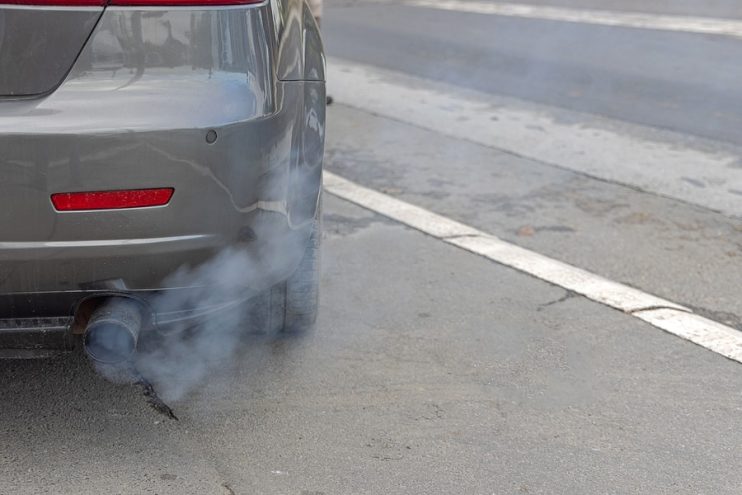
5. Too Much Smoke
Cars have been built for cleaner emissions for a number of years now. If you find out that your car is suddenly trailing out an abnormally large amount of smoke, then there’s a good chance there’s issues with the engine. Black smoke? Start off by taking a look at the air filter. If there are problems with the part, then replace it and it should return the car’s emission back to normal.
However, should the black smoke still be emanating from the exhaust, then this could be due to incomplete combustion from a poor air-fuel mix. Blue smoke, on the other hand, means oil is being burned in the engine chamber, which could mean issues with valve seals or piston rings. Water condensation or coolant in the engine is usually denoted by white smoke – but be aware you may also see white smoke when you start your car’s engine.
6. Patches of Oil Under Your Parked Car
Have you noticed patches of oil under your car when you’ve left it parked? Problems with oil seals, sump plugs and plug washers could leave your car leaking oil. Not a huge problem if you catch it early enough, but as oil lubricates the engine and reduces friction, a loss of oil could lead to parts overheating and suffering from premature wear and fatigue. First up, check your oil is still at acceptable levels and then get those seals fixed.
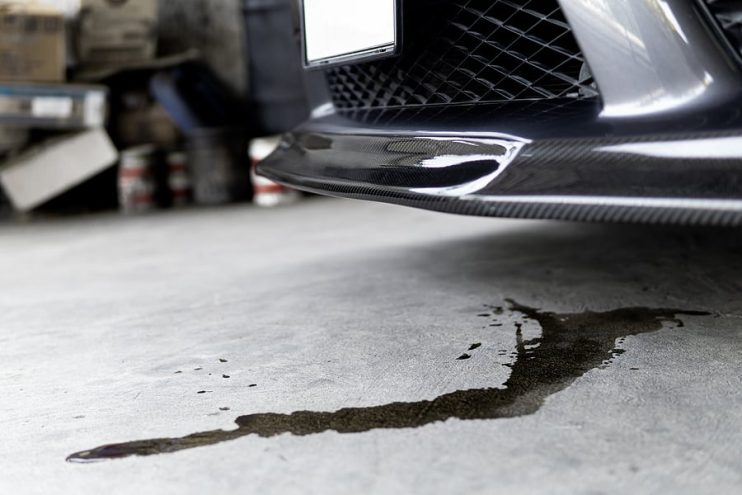
7. Strange Smells
Can you smell exhaust emissions inside the car? This is a big red flag and probably indicates an exhaust leak from somewhere in the emissions system, before the catalytic convertor. Other strange smells include the smell of unburned fuel, indicating a poor air-fuel mixture from the injectors or a sulphur smell, which will be coming from issues with the catalytic convertor.
And Finally
Remember that our list is not exhaustive and there are a host of other symptoms that go with a damaged or waning engine. These are some of the main culprits and should not be ignored. As with everything in a car, pay attention to the behaviour of the car. Sooner or later any problem will definitely catch up with you – and you may find that nipping the problem in the bud is the difference between a small repair bill and something more serious.


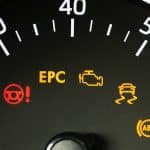


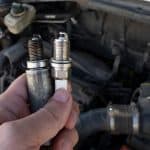


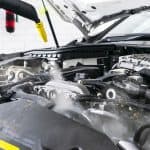
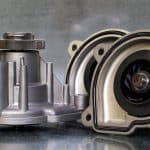
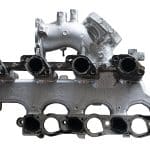

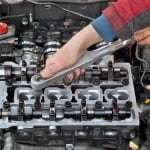
.png)